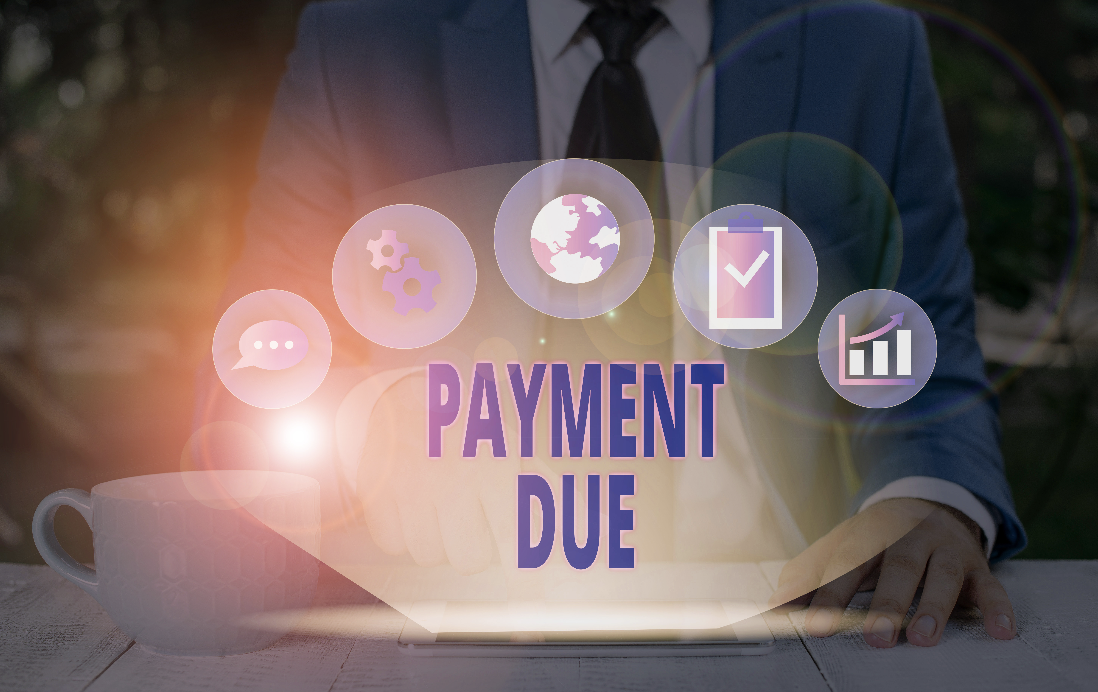Don’t let late payment threaten your business
A shocking 400,000 small firms are continuing to be threatened by the issue of late payment according to the Federation of Small Business (FSB). Their recent Small Business Index shows that a third of small firms continue to be impacted by poor payment practices with the issue increasing in recent months. With costs surging, it is becoming a challenge to fend off the resulting cashflow problems.
Late payments have been a long-standing issue for businesses and despite government intervention the problem continues to hamper the health of UK businesses. The UK Late Payment Law states that payment must be received in the first 30 days of sending the invoice or delivery of goods or services, whichever one is later and that all businesses have the right to charge their clients interest on late payment unless otherwise agreed. The reality is that larger firms extended their payment terms from 30 days to 60 or even 90 days and small businesses have no choice but to accept them if they want to continue to supply these lucrative contracts.
Late Payment has a detrimental impact on the financial health of a firm and with the external challenges of the pandemic and the current inflationary pressures the impact of late payments is being felt now more than ever. The Government does need to review the situation again and demand greater action to resolve this unacceptable situation but where does this leave businesses in the meantime?
As a funder, we see many firms suffering cashflow problems because of late payments and see first-hand the impact it can have on their plans and how it can stall their growth. Pulse Cashflow have prepared our own best practice guide to ensuring businesses do everything they can to get paid on time.
Be upfront about your terms and conditions
Being transparent about your terms is important and the earlier you do it the better. When you confirm an order with your customer ensure your payment terms are clearly identified. This should include what needs to be paid, by when and if you intend to include late payment interest if invoice payment is not made on time.
Invoice your customer on time
Review your internal processes to ensure they are as focussed on getting paid for a job as they are securing a job. Once a job is completed your team need to be raising an invoice immediately and sending it to your customer to help keep the process on track.
Don’t let your invoice trip you up
A badly constructed invoice can hinder smooth payment. If your invoice isn’t complete or has mistakes on it, then you risk it delaying payment. To make sure that your invoice supports your objective of getting paid on time ensure it carries the following information:
- your company details – company name, logo, registered address, and company number (if applicable)
- details of who the invoice is made out to – both name and address
- the date and invoice number
- an order number or reference
- clear information on what you have provided
- the amount due (including VAT if applicable)
- The agreed payment terms and conditions
- Your banking details so payment can be made
Check your invoice has been received and there are no issues
Its good practice once you have sent your invoice, to check with your customer that they have received it and that they have no issues with it. This gives your customer the opportunity to raise any issues early in the process.
Send timely reminders
You should consider sending a timely reminder to show that on time payment is important to you and to demonstrate you have a process to ensure payment is made. Send a reminder a week before your invoice is due and again on the day payment is due reminding them of the terms agreed on purchase.
Treat late payment personally
If non-payment exceeds your invoice due date, then contact your customer directly to understand what the issue is. It could be that there is an issue with your invoice which needs resolving or they could be having cashflow issues preventing payment being made. Ensuring good communication and transparency between yourself and your customer is vital if payment is to be achieved.
Consider a funding solution that minimises the impact of late payment
Invoice Finance is a funding solution which can minimise the impact of late payment whilst ensuring a firm has an ongoing and flexible supply of cashflow to put to good use in their business. Invoice Finance essentially releases up to 85% of the funds tied up in unpaid invoices within 24 hours of them being raised giving businesses the confidence to get on with their business.



